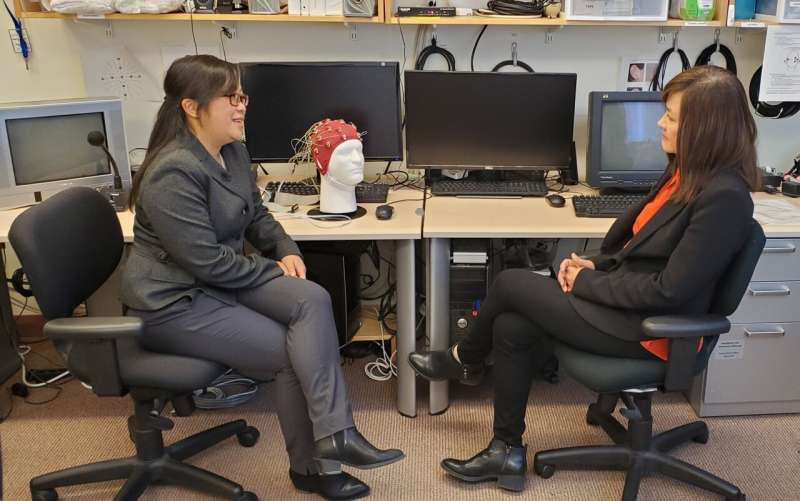The three volunteers who experienced these benefits were all female. The two other participants, each of whom were males with early-onset forms of the disease, did not exhibit significant benefits after two years. The dataset, while small, represents the longest-term test so far of the safe, noninvasive treatment method (called GENUS, for gamma entrainment using sensory stimuli), which is also being evaluated in a nationwide clinical trial run by MIT-spinoff company Cognito Therapeutics.
“This pilot study assessed the long-term effects of daily 40Hz multimodal GENUS in patients with mild AD,” the authors wrote in Alzheimer’s & Dementia. “We found that daily 40Hz audiovisual stimulation over 2 years is safe, feasible, and may slow cognitive decline and biomarker progression, especially in late-onset AD patients.”

